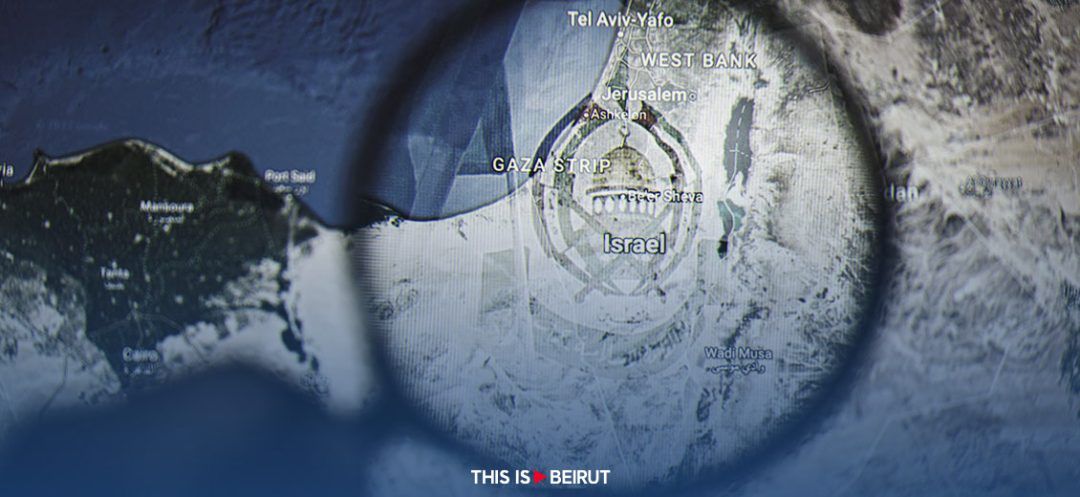- Home
- War in the Middle East
- The Agreement Approved by Hamas: A Diplomatic Trap?

Could there possibly be two versions of a ceasefire proposal for Gaza? Could there have been a modified version unbeknownst to Israeli authorities? According to Israeli statements, the Egyptian-Qatari proposal for a ceasefire in the enclave, approved by Hamas on Monday, differs from the one previously endorsed by Tel Aviv. However, there appears to be no real explanation for the possible existence of two versions. Assuming there was, what sets them apart?
The ceasefire proposal, as accepted by Hamas but described by Israeli Prime Minister Benjamin Netanyahu as “falling short of Israel's essential demands,” is structured in three phases.
The first phase, set for 42 days (instead of 40 days as suggested by Israel), includes a ceasefire in Gaza and a partial withdrawal of Israeli troops, especially from the Netzarim corridor. It would also allow for the return or unrestricted movement of residents in the northern part of the strip, without security checks – an Israeli demand aimed at preventing the return of Hamas militants.
In the amended version, Israel would also be required to greenlight the daily passage of 600 humanitarian trucks, 50 of which would carry fuel. Furthermore, there would be a cessation of hostilities to facilitate the release of at least 33 Israeli hostages – including women, the sick, the wounded and the elderly – against the release of 800 to 1,000 Palestinian prisoners held in Israeli jails.
According to Israeli claims, the original text, as approved by Tel Aviv, stipulates the release of 33 living hostages. It also outlines different figures from those put forward in Hamas’ proposal. Thus, in the first phase, the agreed-upon deal, endorsed by the Palestinian group, entails the release of 30 Palestinians for each Israeli civilian and 50 prisoners (including 30 serving life sentences) for each female soldier. Initially, Israel demanded the release of 40 Palestinian detainees and not 50.
In the second phase, spanning an additional 42 days, the concept of “permanent calm” diverges notably from Tel Aviv's preferred term, "sustainable calm," as emphasized by Israeli sources.
Hamas' proposal also includes an additional withdrawal of Israeli forces and the release of reservist hostages and some Israeli soldiers. In exchange, a larger number of Palestinian prisoners, particularly those categorized as "security detainees," would be granted freedom, although Hamas has not specified the exact number. Nevertheless, the Palestinian faction stressed the necessity of reaching an agreement on this matter before all hostages from the first phase are released.
In the third phase, the bodies of deceased hostages would be handed over to Tel Aviv in exchange for the bodies of Palestinians. The Israeli blockade would be fully lifted, and the reconstruction of the Gaza Strip, overseen by the international community, would start and span a period of 3 to 5 years.
Regarding the hostage situation, Israel has reportedly criticized the “slow” pace at which their release will occur (a pace differing from the initial agreement, according to Tel Aviv): Hamas has allegedly committed to delivering three hostages to Israel on the third day of the ceasefire, with the rest to be released at a rate of three every seven days.
Israel is concerned that the agreement over the lists of detainees to be handed to Hamas may prioritize potentially dangerous prisoners, labeled “terrorist leaders” by Israel, before the release of many hostages.
Regarding the Israeli withdrawal from Gaza, there's a discrepancy between the two versions. According to Hamas, the withdrawal occurs on the third day of the ceasefire, following the release of three hostages. However, according to Israel, this step would take place on the seventh day, after the liberation of all female hostages.
By endorsing the ceasefire proposal brokered primarily by Qatar and Egypt, Hamas has shifted the focus back to Tel Aviv. Could this be a diplomatic trap to further sway international opinion? Are Israeli criticisms justified? If so, were the United States informed of any revisions to the initial version – if true – potentially betraying the trust of their Israeli ally? Some observers suggest that this could be the case, pointing to Washington's decision to delay arms shipments to Israel by several weeks.
Read more



Comments